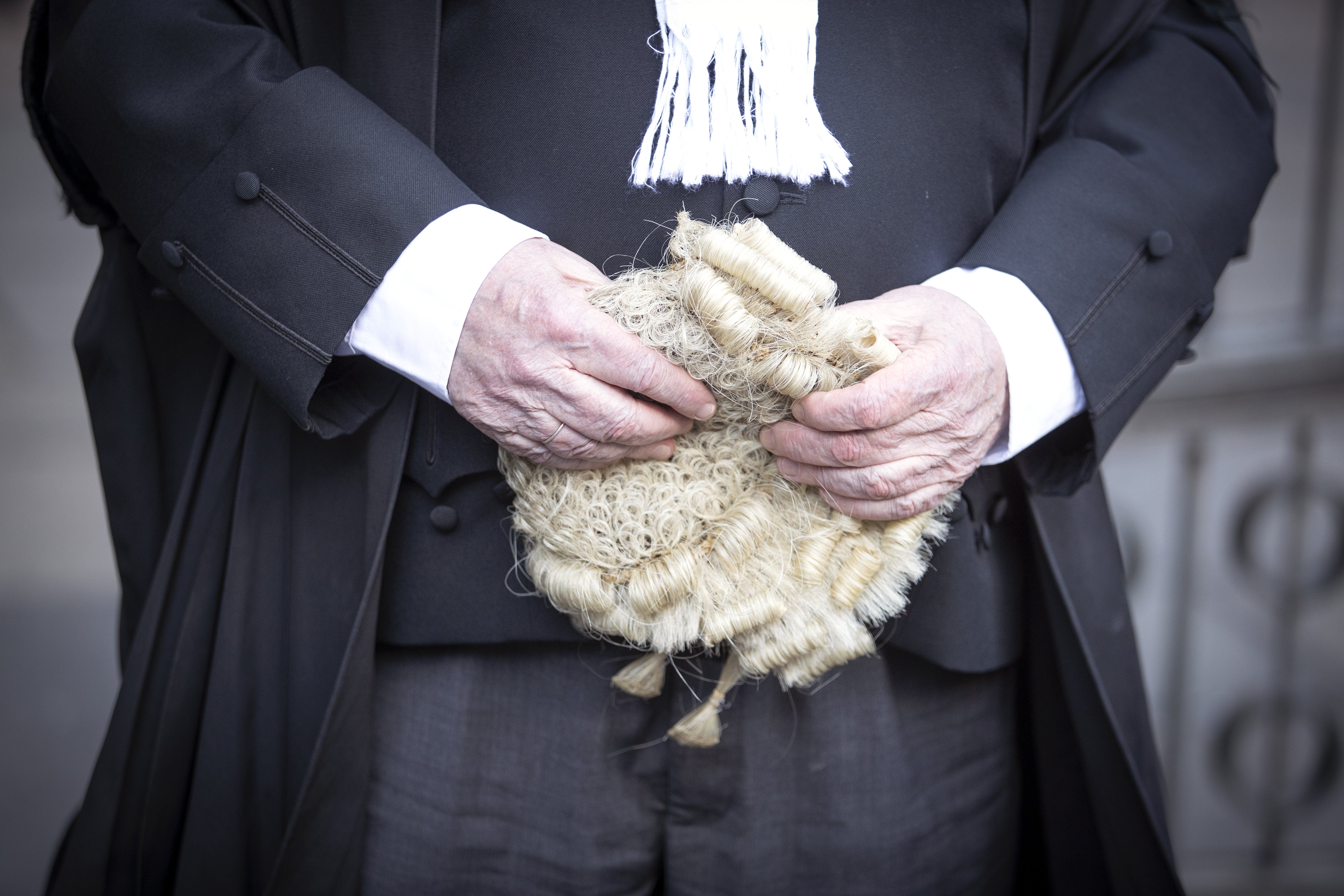Domestic abuse trials should be virtual by default, says charity chief
Dr Marsha Scott of Women’s Aid said new legislation under consideration was ‘deeply disappointing’.

Your support helps us to tell the story
From reproductive rights to climate change to Big Tech, The Independent is on the ground when the story is developing. Whether it's investigating the financials of Elon Musk's pro-Trump PAC or producing our latest documentary, 'The A Word', which shines a light on the American women fighting for reproductive rights, we know how important it is to parse out the facts from the messaging.
At such a critical moment in US history, we need reporters on the ground. Your donation allows us to keep sending journalists to speak to both sides of the story.
The Independent is trusted by Americans across the entire political spectrum. And unlike many other quality news outlets, we choose not to lock Americans out of our reporting and analysis with paywalls. We believe quality journalism should be available to everyone, paid for by those who can afford it.
Your support makes all the difference.It is “deeply disappointing” that new legislation does not include a presumption that domestic abuse trials will go ahead virtually, a charity chief has told MSPs.
Dr Marsha Scott, chief executive of Women’s Aid, said victims had found such arrangements to be “overwhelmingly positive” in pilots.
Holyrood’s Criminal Justice Committee is considering the Coronavirus (Recovery and Reform) (Scotland) Bill.
The legislation continues the use of virtual meetings and extends changes to the justice system introduced during the pandemic.
Speaking to the Committee on Wednesday, Dr Scott said: “The legislation is deeply disappointing for us.”
A pilot of virtual summary trials in Grampian produced a “very robust report evaluation”, she said.
She said: “When we heard from victims and survivors in our network they were overwhelmingly positive about feeling safe, giving better evidence, not having to trail their children over Scotland to go to a trial or court hearing where their hearing is postponed yet again.”
Dr Scott continued: “Covid has shoved Scotland into the 21st Century in terms of technology use.
“There’s no going back on this, let’s use it and invest in it for people who have less access.”
Kate Wallace, chief executive of Victim Support Scotland, also spoke to the committee.

She raised concerns about criminal trials being continually delayed during the pandemic, meaning victims facing lengthy waits before their cases are heard in court.
Ms Wallace said: “A presumption of vulnerable witnesses being able to give their evidence virtually, outwith a court building altogether if that is what they prefer, is something we would like to see happen really quite quickly and across the board.”